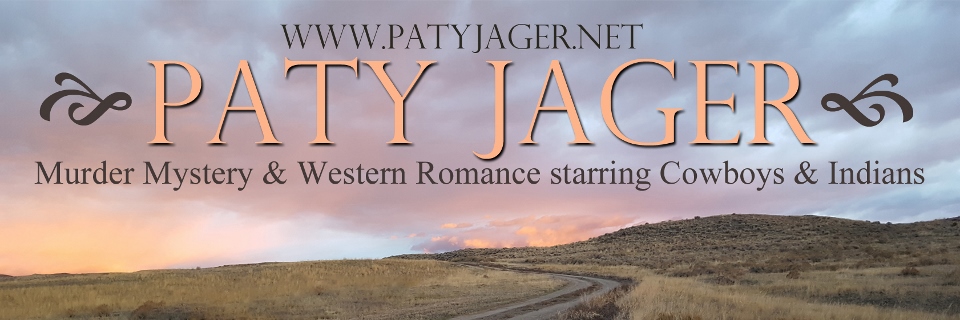Who inspired me to be a writer?
I inspired myself. I was read to a lot as a child and
became an avid reader, spending summers at a Chicago public library branch. Every
author whose books I read inspired me. By the age of ten I was writing short
stories. College and graduate studies interrupted my writing, but I soon made
my way back to storytelling. And I’ve been writing ever since and reading for
inspiration.
Right now I’m reading Loving Eleanor by Susan Wittig Albert and thoroughly enjoying it.
One of the all-time favorites that I re-read from time to time, always finding
something new, is Angle of Repose by
Wallace Stegner. It’s a wonderful example of turning a real life into
compelling fiction, although he was criticized for taking liberties with
reality for the sake of fiction. It’s a fine line to balance.
What’s ahead for me? More mysteries, another
historical novel, subject to be determined.
The
Gilded Cage
 Born to society and a life of privilege, Bertha Honoré
married Potter Palmer, a wealthy entrepreneur who called her Cissy. He built
the Palmer House Hotel, still famed today, and became one of the major civic leaders
of the city. She put philanthropy into action, going into shanty neighborhoods,
inviting factory girls to her home, working at Jane Addams’ settlement Hull
House, supporting women’s causes.
Born to society and a life of privilege, Bertha Honoré
married Potter Palmer, a wealthy entrepreneur who called her Cissy. He built
the Palmer House Hotel, still famed today, and became one of the major civic leaders
of the city. She put philanthropy into action, going into shanty neighborhoods,
inviting factory girls to her home, working at Jane Addams’ settlement Hull
House, supporting women’s causes.
It was a time of tremendous change and conflict in
Chicago as the city struggled to put its swamp-water beginnings behind it and
become a leading urban center. A time of the Civil War, the Great Fire of 1871,
the Haymarket Riots, and the triumph of the Columbian Exposition. Potter and
Cissy handled these events in diverse ways. Fascinating characters people these
pages along with Potter and Cissy—Carter Harrison, frequent mayor of the city;
Harry Collins, determined to be a loser; Henry Honoré, torn between loyalties
to the South and North; Daniel Burnham, architect of the new Chicago—and many
others.
The
Gilded Cage is a fictional exploration of the lives
of these people and of the Gilded Age in Chicago history.
Getting the facts right in historical fiction:
The
Gilded Cage was a work-in-progress for almost ten years.
It began with my children’s book on Bertha (Cissy) Palmer who fascinated me
because she was one of the first women to believe that great wealth carried an
obligation to philanthropy.
Even though I was writing fiction, I had to do a
tremendous amount of research. My fiction had to be set against an authentic
background of Chicago history, which meant I had to know every detail about
early Chicago, the eastern disdain for that flat city on a flat prairie and
Chicago’s determination to prove itself sophisticated, the Great Fire, the
Civil War when southerners were imprisoned in rough camps, the strife between
workers and business moguls, the Haymarket Riot, and, finally, the Columbian
Exposition where Cissy was president of the board of lady managers.
My novel is fiction with relationships, even romantic,
that never existed, scenes and characters that I could only imagine. I had to
balance the structure of a novel against the harsh realities of history. A list
of sources is included in my Author’s Note at the back of the book.
Conventional wisdom is that you never use everything you learned in your book
or you’ll bore our readers with a treatise—but you have to do that research so
that you are comfortable in the time and place.
About the Author
 An award-winning novelist, Judy Alter is the author of
several fictional biographies of women of the American West—Elizabeth Bacon
Custer, Jessie Benton Frémont, Lucille Mulhall (first Wild West Show roping
cowgirl), and Etta Place, the Sundance Kid’s girlfriend. In the Gilded Cage she
turns her attention to the late nineteenth century Chicago to tell the story of
Potter and Cissy Palmer, a high society couple with differing views on
philanthropy and workers’ right.
An award-winning novelist, Judy Alter is the author of
several fictional biographies of women of the American West—Elizabeth Bacon
Custer, Jessie Benton Frémont, Lucille Mulhall (first Wild West Show roping
cowgirl), and Etta Place, the Sundance Kid’s girlfriend. In the Gilded Cage she
turns her attention to the late nineteenth century Chicago to tell the story of
Potter and Cissy Palmer, a high society couple with differing views on
philanthropy and workers’ right.
Alter is also the author of six books in the Kelly
O’Connell Mysteries series: Skeleton in a
Dead Space, No Neighborhood for Old Women, Trouble in a Big Box, Danger Comes Home, Deception in Strange Places, and
Desperate for Death; the Blue Plate
Café Mysteries—Murder at the Blue Plate
Café, Murder at the Tremont House, and Murder
at Peacock Mansion. With the 2014 publication of The Perfect Coed, she introduced the Oak Grove Mysteries.



No comments:
Post a Comment